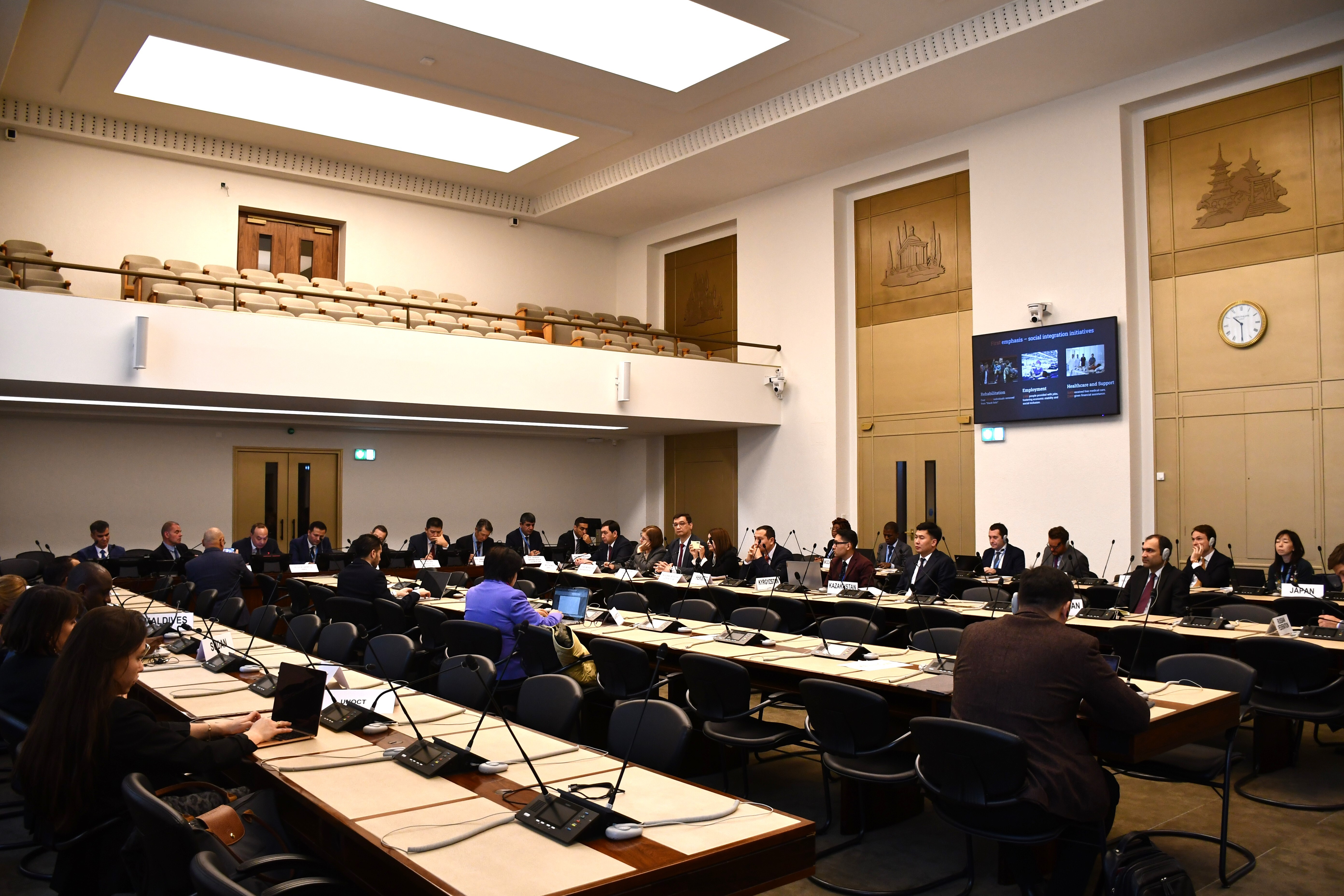“I sleep well knowing that I actually give information that could save people,” says Hajad Sonosi, a ‘Champion’ in the Prevention of Violent Extremism (PVE) in Kibera, Nairobi, trained through the ARIVE project run by the civil society organisation Youth, Arts, Development and Entrepreneurship Network (YADEN). “And some will actually take it further to tell other people—there are so many people who are vulnerable.”
On this bright morning, Hajad has joined her friend Faith Asibwe, one of Nairobi’s few women boda-boda (motorcycle taxi) drivers to lead an awareness and critical-thinking session, in an open lot where drivers in this sector of Kibera wait for clients. The discussion is led by Faith (also a trained PVE Champion) who is well known to her fellow boda-boda drivers; her motorbike is parked off to one side.
In recent years, Nairobi has been acknowledged as a major recruitment hub for terror organisations such as Al Shabaab with some neighborhoods earning the tag of ‘Kenyan capital of Al Shabaab recruitment’. Through a diverse set of GCERF-supported activities, the YADEN project is set up to address the fact that an overwhelmingly young, tech-savvy yet unemployed or underemployed population presents opportunities for violent extremists to radicalise and recruit new members.
In a session of about 45 minutes, Faith and Hajad test the group’s critical thinking skills with scenarios they might encounter on any given day: clients who offer outsized sums to deliver a package that might be a weapon; a client’s preferential treatment which seems friendly, but may be the start of recruitment steps or make a driver complicit in violence, enticement to carry more than one passenger for a high fee, which leads to two-against-one extremist coercion.
Both from Kibera, Faith and Hajad are among 400 micro-business and tradespeople trained to raise awareness in their communities, with a target of reaching 4000 people with awareness-raising and training sessions during the one-year project timeframe. The project calls for equal numbers of men and women to be trained through across a range of programme activities designed to prevent extremism in the target Counties of Kenya, and emphasises women’s leadership in PVE structures and County Engagement Forums.
“I got interested in the training because my colleague carried some customers who I had refused, and later on he was found dead,” says Faith. Now, as a trainer herself and the chairperson of her motorcycle taxi association, she sees training as a cycle of passing on awareness-raising within the community. “The training should be made a norm that reaches a point where people just know that when it is a certain day, we all go for training and no one misses it,” she says.
